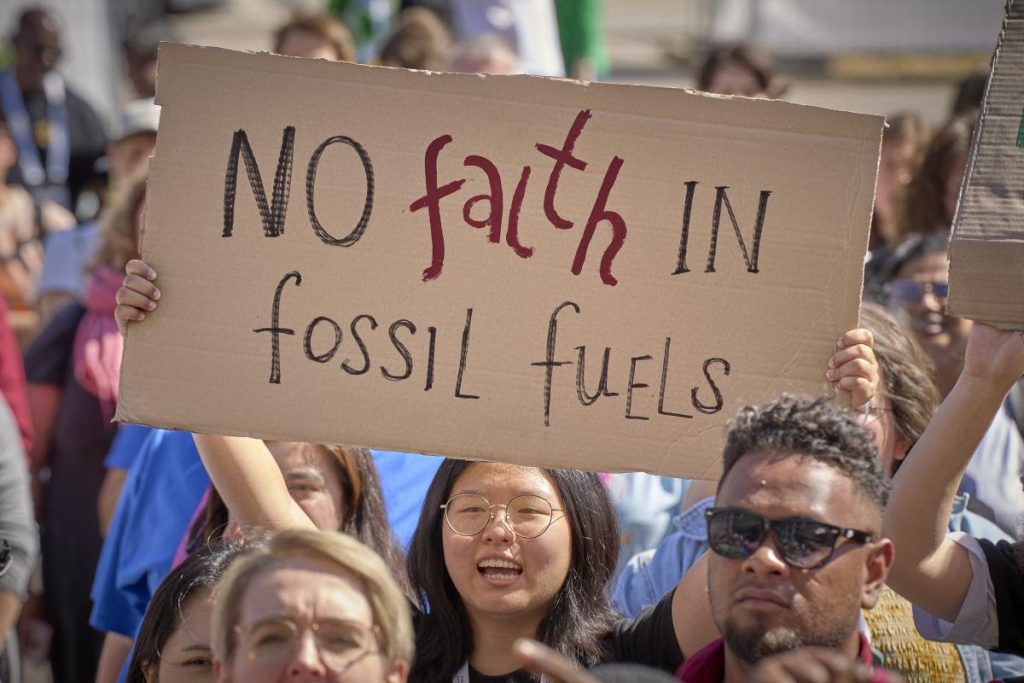
Paul Jeffrey/CMI
CUBA-
Dr. Ofelia Miriam Ortega-
We have attempted to include in these thoughts information about the work of the World Council of Churches (WCC) taken from the documents of the 11th Assembly. The public testimony refers to the fact that the WCC and their church members give testimony together for the peace and support justice in different countries.
The WCC has been with the church members and ecumenic associates in defending dignity and human righst, democracy, and ecumenic, ecologic, gender-based and social forms of justice at a world, regional and national level.
The public testimony of the WCC has developed with the deaconry or christian service and the support of an enconomy that offers life. Other commitments have been to guarantee rights over water, empowering women and improving the lives of children and youngsters
The job of the deaconry has always been clear, ever since its creation, since 2014 there have been considerable efforts to enable associations through wide local nets and secular organisations.
The main locations where action and defense have ocurred of the WCC for justice and peace lastly have been: middle East, South Sudan, Siria, Korea, the Democratic Republic of Congo, Nigeria and Colombia.
The countries were selected by the church members if the WCC and the organisations associated in the 10th Assembly held in Busan, Korea, in 2013, because they were going through war, conflict, violence, abuse or exploitation.
International Business
As part of the work of the WCC with its members, victims of injustices have been given a voice all over the world through the Comission of the Churches on International Affairs (CCIA).
The CCIA offers an ecumenic forum, information and leadership on national and international problems faced by members of the WCC, its organisations and other ecumenic spokespeople, particularly in the public media and the deaconry.
Ecumenical Disability Advocates Network (EDAN)
The program has its headquarters in Nairobi and has been focused in the incorporation and integration of disabled people into the spiritual and social life of churches and their active social participation.
Climate change
Through the years, the WCC has intensely participated in the core of campaigns for climate justice, helping create a global movement that gathers millions together.
At international climate chane meetings, the WCC has stood for ecological justice, while its government has elaborated a policy in response to the problema. There’s also an ecumenical call: to see the face of the poor in the processes of climate change.
Commitment with economic justice
In March 2019 the WCC published a Route Map for congregations, communities and churches for a life economy and ecological justice.
Abordar los Desafíos del Agua y el Saneamiento
To address the challenges related to water and sanitation
Acknowledging that water is a gift from God, the Ecumenical Net for Water has dedicated its work to train communities around the world to have access to healthy water and sanitation and to protect those resources.
Desarrollo de la Competencia de las Iglesias en materia de VIH.
Development on the church capacity related to HIV
EHAIA has assumed a role of leadership in matters ranging from investment in children in school age to the training of new activists in the efforts to fight HIV.
Fighting famine and keeping the HIV program
As a response to the famine that affects communities around the world constantly, the Ecumenic Advocacy Alliance (EAA) in their General Assembly 2013 agreed to work together in “ending famine, the promotion of a proper nutrition and the fight for fair and sustainable nutrition systems.”
New ecumenical world health strategy
The health and recovery program of the WCC enables the creation of nets and dialogue for promoting health for all people. In 2018, the WCC passed a new ecumenical health strategy tto face the constant and new challenges in health around the world.
To shelter indigenous peoples
In 2015, the Indigenous Peoples’ Programme Reference Group (IPPRG) celebrater its first meeting in Geneva’s Ecumenical Centre. With the creation of this referencial group, the program started working as an ecumenical initiative.
There are more topics and actions from the WCC that will be dealt with in the future.
